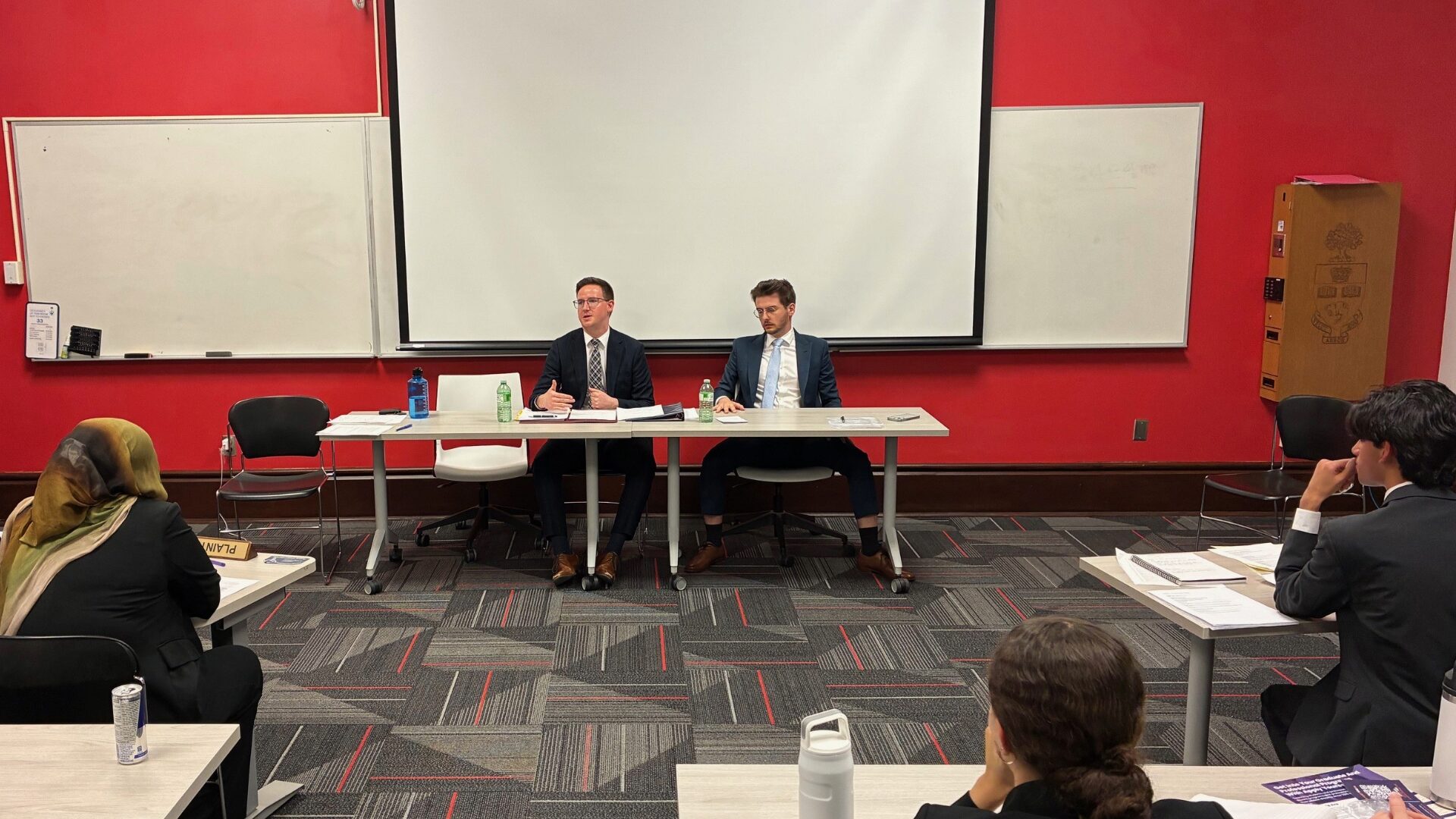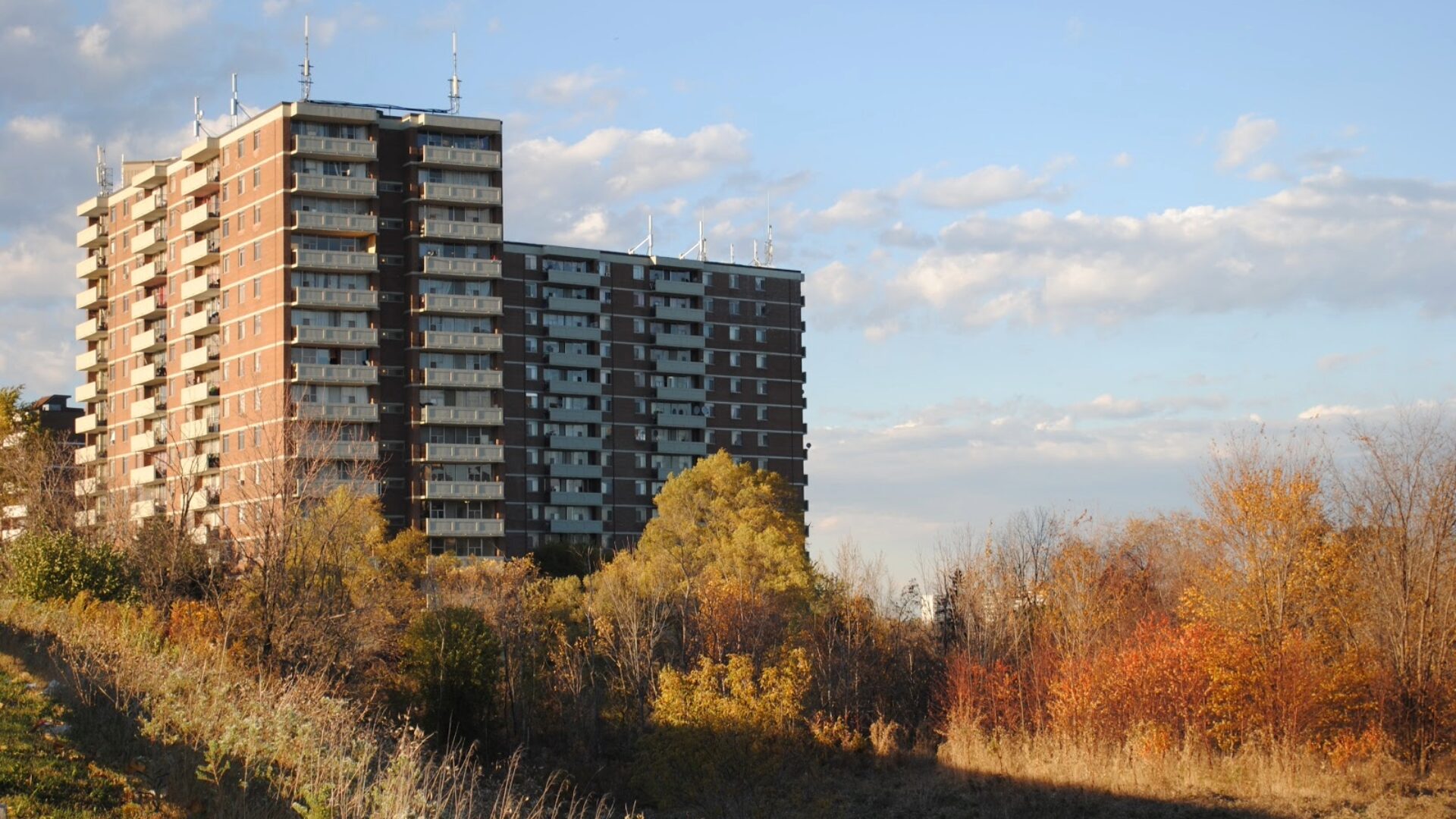Costs (Rule 57.01)
Under Rule 57.01 of the Rules of Civil Procedure, courts must determine a costs award that is fair and reasonable in the circumstances, guided by a non-exhaustive list of factors including the result of the proceeding, complexity of the case, counsel’s experience and rates, conduct of the parties, and offers to settle. As the Court of Appeal reiterated, quoting Davies v. Clarington (Municipality), the analysis is not a mechanical one: “the judge awarding costs should reflect on what the court views as a reasonable amount… rather than any exact measure of the actual costs.”
Rule 49 Offers to Settle
Rule 49 encourages early resolution by imposing cost consequences on parties who fail to accept reasonable offers. Where a plaintiff obtains a judgment more favourable than their offer, they are entitled to partial indemnity costs to the date of the offer and substantial indemnity costs thereafter.
Pre-Judgment Interest
Pre-judgment interest is governed by section 130 of the Courts of Justice Act, which allows a trial judge to depart from the default interest rate where circumstances justify it.
The Trial Judge’s Reasons
Costs
A central theme of the trial judge’s reasons was the exceptional calibre and efficiency of the plaintiff’s trial counsel. While the defence focused on the hourly rates charged, the trial judge found that the team worked “efficiently as a highly skilled team,” and that their performance at trial justified the rates claimed. He noted that the plaintiff’s counsel conducted the trial without delay or downtime, with each team member playing a vital role.
Notably, the judge emphasized that in assessing hourly rates, effectiveness was more relevant than years of experience. The result achieved and the manner in which the case was conducted led the court to conclude that the amount of costs sought were reasonable in the circumstances.
The plaintiff’s lead counsel, Michael Smituich, received remarkable praise from the bench. The judge described him as a “true artist in the field of advocacy”, noting that his conduct at trial “qualifies as one of those very rare jewels of advocacy that is a wonderful treat to behold”. His presentation was described as “brilliant, and especially so, as Mr. Pye presented as a miserable old man”. Based on Mr. Smitiuch’s excellent advocacy, the trial judge held that in a serious case such as this, most litigants would gladly pay $925 an hour for such “outstanding superior representation”.
In contrast, the $350 hourly rate of defendant’s counsel was described as woefully inadequate in the circumstances.
Of the total costs award, over $165,000 related to disbursements, which were largely unchallenged by the defendants.
Rule 49
The jury award exceeded the plaintiff’s pre-trial offer to settle, triggering entitlement to substantial indemnity costs from the date of that offer. This consequently accounted for more than half o the total costs award, totalling $516,060.00.
Pre-Judgment Interest
The trial judge exercised his to award pre-judgment interest 3% rather than the statutory rate of 0.8% prescribed by the CJA. He considered the inflationary environment and fluctuating market rates over the seven-year period from the accident to trial and concluded that the rate of 3% is fair and reasonable.




